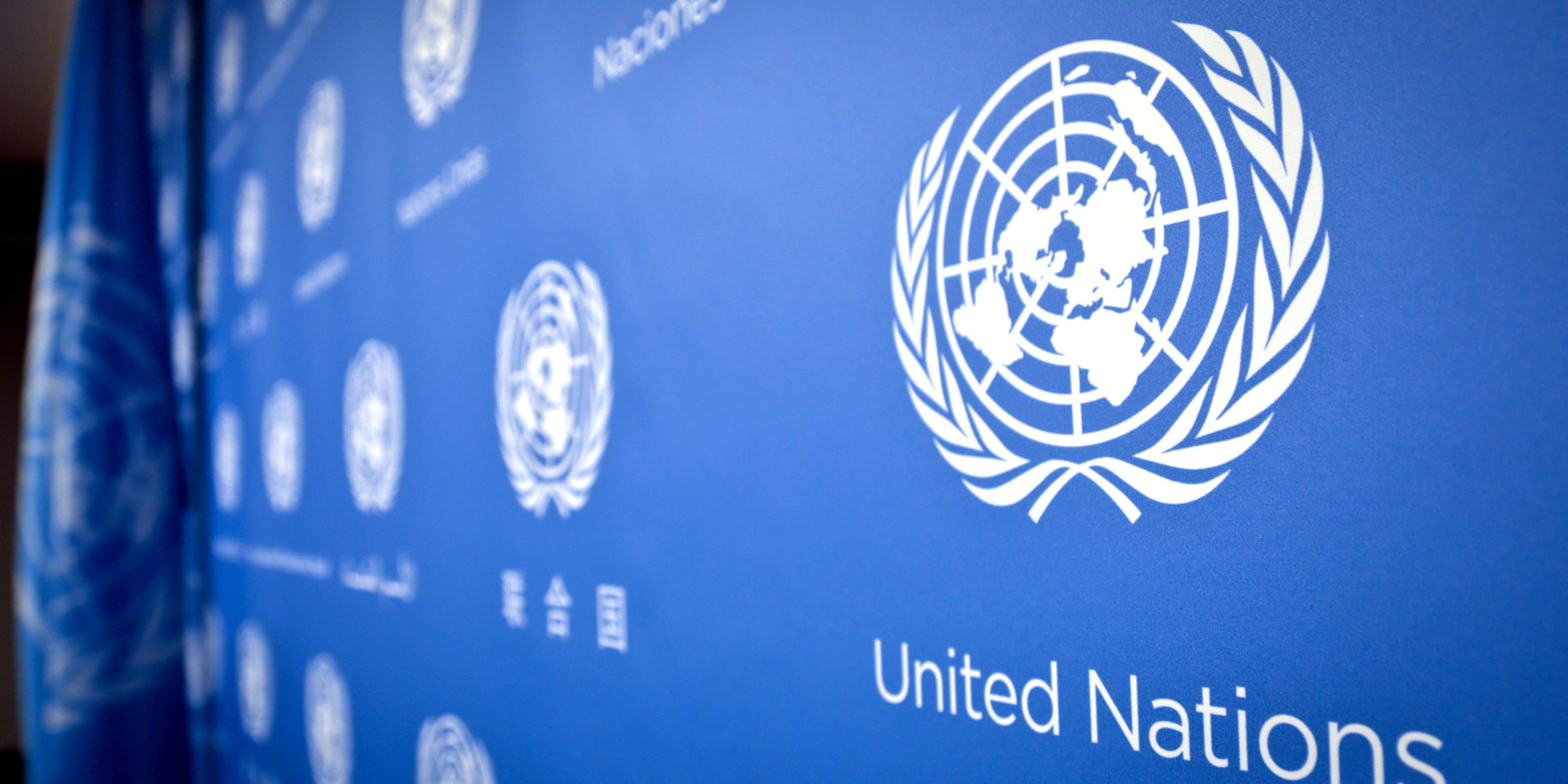The United States has submitted to the United Nations a formal notice of withdrawal from Paris Climate Agreement.
The notification was made Friday, with the UN Secretary-General António Guterres appealing to the U.S. to reconsider its action, in the interest of humanity.
President Donald Trump had announced on June 1, 2017 that the U.S. would leave the agreement.
The Spokesman for the Secretary-General, Mr Stéphane Dujarric, confirmed that Guterres received, “in his capacity as Depositary of the Paris Agreement, a communication from the Permanent Representative of the United States of America”.
The Secretary General, however, welcomed any effort to re-engage in the Paris Agreement by the United States.
Dujarric said the communication expressed “the intention of the United States to exercise its right to withdraw from the Paris Agreement, as soon as it is eligible to do so under the Agreement, unless it identifies suitable terms for re-engagement”.
Guterres stressed his statement on June 1, 2017 that the decision by the United States to withdraw from the Paris Agreement is a major disappointment for global efforts to reduce greenhouse gas emissions and promote global security.
“It is crucial that the United States remains a leader on climate and sustainable development. Climate change is impacting now.
“He looks forward to engaging with the American government and all other actors in the United States and around the world to build the sustainable future for our children and future generations,” Guterres said.
Under article 28 of the Paris Agreement, a Party may withdraw at any time after three years from the date on which the Agreement has entered into force for that Party, and such withdrawal takes effect upon expiry of one year from the date of receipt by the Depositary of the notification of withdrawal.
The United States accepted the Paris Agreement on Sept. 3, 2016 and the Agreement entered into force for the United States on Nov. 4, 2016.
The Secretary-General would circulate the text of this communication as a depositary notification, in English and French, early next week.
The U.S. Department of State, in a statement, confirmed “the United States submitted a communication to the United Nations, in its capacity as depositary for the Paris Agreement, regarding the U.S. intent to withdraw from the Paris Agreement as soon as it is eligible to do so, consistent with the terms of the Agreement”.
“As the President indicated in his June 1 announcement and subsequently, he is open to re-engaging in the Paris Agreement if the United States can identify terms that are more favorable to it, its businesses, its workers, its people, and its taxpayers.
“The United States supports a balanced approach to climate policy that lowers emissions while promoting economic growth and ensuring energy security.
“We will continue to reduce our greenhouse gas emissions through innovation and technology breakthroughs, and work with other countries to help them access and use fossil fuels more cleanly and efficiently and deploy renewable and other clean energy sources, given the importance of energy access and security in many nationally determined contributions.
“The United States will continue to participate in international climate change negotiations and meetings, including the 23rd Conference of the Parties (COP-23) of the UN Framework Convention on Climate Change, to protect U.S. interests and ensure all future policy options remain open to the administration.
“Such participation will include ongoing negotiations related to guidance for implementing the Paris Agreement,” the department said.
